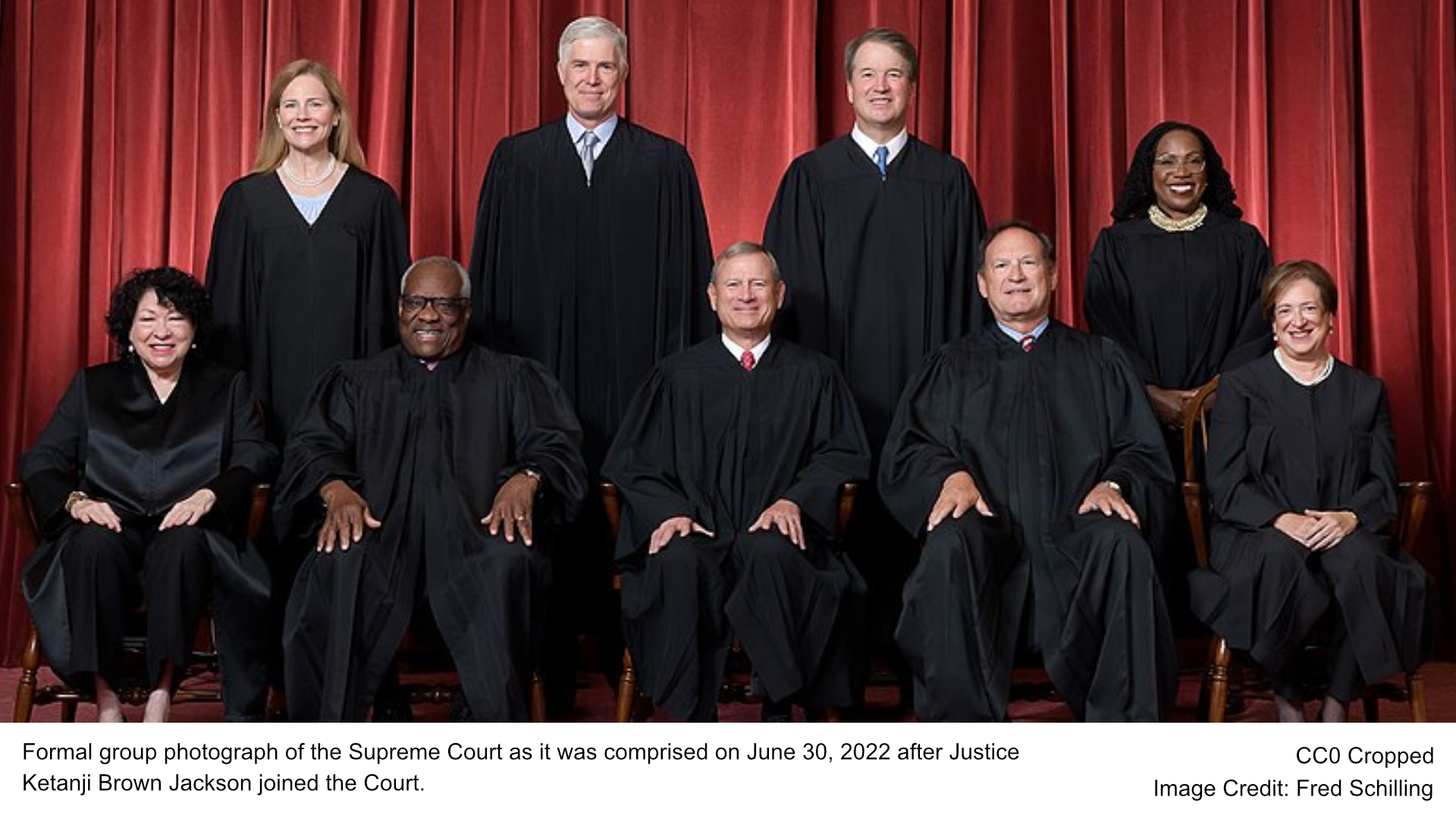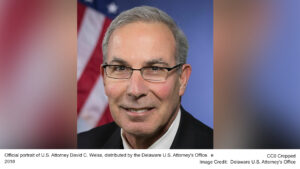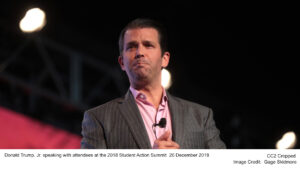The U.S. Supreme Court is currently a focal point for several pivotal legal battles, each with significant implications for the future of technology, justice, and environmental accountability. The convergence of these cases underscores the court’s critical role in shaping policy and public discourse.
- TikTok Ban Debate: The Supreme Court is considering a case involving TikTok’s potential U.S. ban, balancing free speech rights against national security concerns. ByteDance faces a deadline to divest its U.S. operations.
- Climate Lawsuit in Hawaii: The Supreme Court allowed Honolulu’s lawsuit against major oil companies to proceed in state court, a pivotal move in climate change accountability litigation.
- Broad Implications: These cases illustrate the Supreme Court’s influence on technology regulation, judicial legacy, and environmental justice, with outcomes shaping national policy and legal standards.
TikTok is set for a high-stakes face-off in the Supreme Court as it challenges a potential ban in the U.S., citing violations of free speech rights for its 170 million American users. The U.S. Department of Justice argues that TikTok’s Chinese ownership poses a national security threat, potentially allowing Beijing to manipulate American data and opinions. As of now, the Supreme Court’s emergency hearing will not yield an immediate decision, but it is pivotal for ByteDance, TikTok’s parent company, to sell its U.S. operations by January 19 or face a nationwide ban. Legal experts suggest the court might delay the law’s implementation to allow for thorough consideration, with potential outcomes ranging from TikTok’s shutdown to a continuation of its operations without disruption, depending on the court’s ruling.
Meanwhile, the Supreme Court recently decided not to intervene in Honolulu’s climate lawsuit against major oil and gas companies, allowing the case to proceed in Hawaii state court. This lawsuit accuses the energy sector of misleading the public about the environmental impact of fossil fuels, seeking accountability for climate change damages. The companies involved sought to move the case to federal court, arguing that it conflicts with federal energy policies. However, the decision to allow the case to proceed under state law underscores a growing trend of local and state governments holding the fossil fuel industry accountable for its role in climate change. The outcome of Honolulu’s suit could influence similar cases nationwide, shaping the future of climate litigation against the energy sector.
These cases highlight the Supreme Court’s role in navigating complex legal and social issues. From the potential TikTok ban affecting millions to honoring the legacy of judicial figures like Justice McHugh, and addressing climate accountability, the court’s decisions will have far-reaching implications across multiple facets of society. As legal battles unfold, they reflect broader themes of regulation, accountability, and the evolving landscape of justice in America.







Be First to Comment